Britain since 1930
A popular topic in the past has been Britain since 1930, which usually provides a focus upon World War II. It is possible to retain a study of World War II in Key Stage II provided that the unit of study either links to the locality, or shows how this was a turning point and draws links to knowledge that children have already developed. In this section you will find podcasts, articles and resources to help you plan to teach World War II as a local study or turning point in history.
Sort by:
Date (Newest first) | Title A-Z
Show:
All |
Articles |
Podcasts |
Multipage Articles
-

20 Years On, The 1986 Domesday Project
ArticleClick to view -

50th anniversary of the UK’s first official Pride march: 1 July 2022
ArticleClick to view -

A History Curriculum for the 21st Century: From Russia With Love
ArticleClick to view -

A Significant Local Event: Carlisle floods
ArticleClick to view -

Animals who help us: teaching past and present in EYFS
ArticleClick to view -

Anniversaries: The Coventry Blitz and the Grave of the Unknown Soldier
ArticleClick to view -

Anniversary: Festival of Britain 1951
ArticleClick to view -

Back to basics: using artefacts in the classroom
ArticleClick to view -

Belmont’s evacuee children: a local history project
ArticleClick to view -
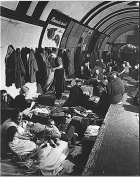
Case Study: World War II evacuation project
ArticleClick to view -

Census 2021: using the census in the history classroom
ArticleClick to view -

Changes in an aspect of social history from 1945 to 2000: youth culture
ArticleClick to view -
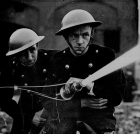
Changes within Living Memory
ArticleClick to view -
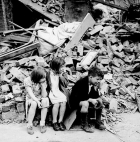
Children in the Second World War
ArticleClick to view -

Culture, Society and Politics in the 1930s: an excellent focus for history studies in the primary school
ArticleClick to view -
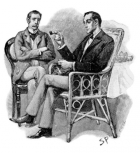
Detectives: what were schools like in the past?
ArticleClick to view -

Dig for sustainability!
ArticleClick to view -
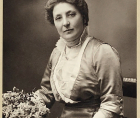
Earth heroes: Etta Lemon, ‘The Mother of Birds’
ArticleClick to view -
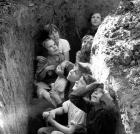
Evacuees: Children during World War II
ArticleClick to view -
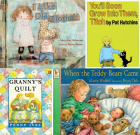
Exploring sustainability in the Early Years
ArticleClick to view

